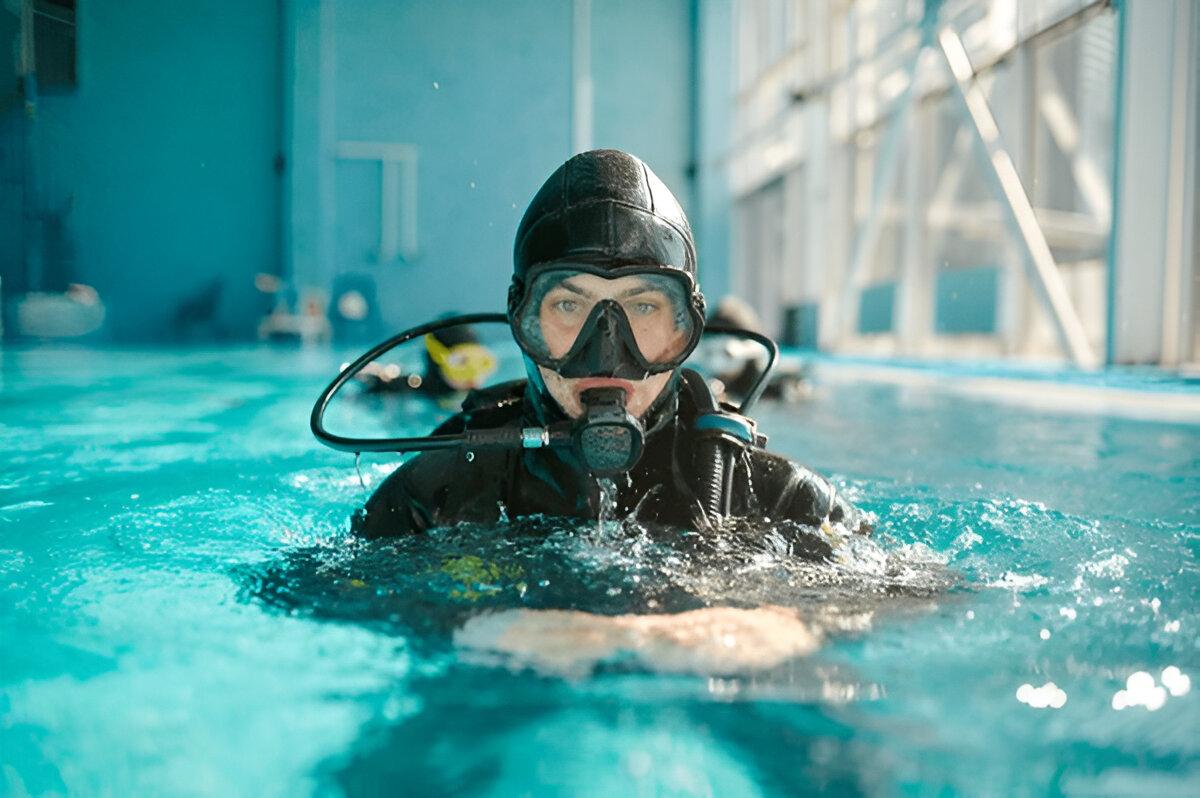When Is The Best Season For Scuba Certification In Fort Worth?

So, you're ready to explore the underwater world and are looking into scuba diving Fort Worth options? That's fantastic! Whether you're aiming for your initial open water scuba certification or planning to take the next step with an advanced open water certification, one practical question often arises: when is the best time of year to get certified in North Texas?
While the allure of diving might make you want to jump in immediately, understanding the seasonal factors in Fort Worth can help you plan for the most comfortable and enjoyable learning experience, especially concerning the open water portion of your training.
Year-Round Learning: Theory and Pool Sessions
The good news is that significant parts of your scuba certification can be completed comfortably any time of year. Both the open water scuba certification and advanced open water certification courses include knowledge development and skill practice components:
- Knowledge Development: This involves learning the principles, safety procedures, and dive theory. Modern courses often utilize PADI eLearning, allowing you to study online at your own pace from the comfort of your home, regardless of the weather outside. Traditional classroom sessions offered by Fort Worth dive centers are also conducted indoors year-round.
- Confined Water (Pool) Training: This is where you take your first breaths underwater and master essential scuba skills under instructor supervision. Fort Worth dive shops use indoor or heated pools, meaning these critical sessions can happen comfortably even in the middle of winter or the peak of summer heat.
The Deciding Factor: Open Water Dives
The part of your certification most influenced by the time of year is the open water dives. For the open water scuba certification, this involves four dives in a natural body of water (like a local lake or dive park). For the advanced open water certification, it involves five adventure dives. Key factors here are:
- Water Temperature: Texas lakes and quarries used for training near Fort Worth experience significant temperature swings. While some spring-fed sites maintain a relatively constant temperature (often low 70s°F), most locations will range from the chilly 50s°F in winter to the bath-like mid-80s°F in late summer. Comfort is crucial, especially for new divers. Sitting through briefings and completing skills is much more pleasant when you aren't shivering.
- Thermal Protection: Water temperature dictates the wetsuit thickness required. Summer might allow for a thin 3mm suit, while spring and fall often necessitate 5mm or 7mm suits. Winter diving typically requires a drysuit for comfort and safety, which adds another layer of training and expense.
- Visibility: Underwater visibility in Texas lakes can vary greatly depending on location, recent weather (rain runoff), and time of year. While some sources suggest spring might offer better clarity before summer algae blooms, others note that winter can also have good visibility. It's variable, but something your dive center monitors.
- Surface Conditions: Extreme heat in summer or cold winds in winter can make the surface intervals between dives less comfortable. Spring and fall often offer the most pleasant surface conditions.
Seasonal Breakdown for Fort Worth Scuba Certifications:
- Winter (December - February):
o Pros: Dive sites are less crowded; potentially good visibility. Theory/pool sessions are unaffected.
o Cons: Coldest water temperatures necessitate advanced thermal protection (drysuits often recommended/required), adding complexity and cost, especially for the initial open water scuba certification. Surface conditions can be cold.
o Verdict: Generally the least ideal time for completing open water dives, particularly for beginners. - Spring (March - May):
o Pros: Air temperatures are warming. Water temperatures are rising (currently around 70°F in some local lakes as of early May). Visibility can be quite good. A great time to start eLearning and pool sessions.
o Cons: Water can still be cool early in the season, requiring thicker wetsuits (5mm-7mm). Texas weather can be unpredictable with spring storms.
o Verdict: A good time to start, with late spring (May) becoming increasingly comfortable for open water dives. - Summer (June - August):
o Pros: Warmest water temperatures, often allowing for thinner wetsuits (3mm-5mm), maximizing comfort during open water dives for both open water scuba certification and advanced open water certification. Generally stable weather.
o Cons: Can be very hot above water during surface intervals. Dive sites can be more crowded. Algae growth might reduce visibility in some locations.
o Verdict: Peak season for comfort in the water, ideal for completing the open water dive requirements. - Fall (September - November):
o Pros: Often considered the "sweet spot." Air temperatures become pleasant again. Water temperatures remain warm from the summer heat, cooling gradually. Dive sites may be less crowded than in summer. Good balance of surface and water comfort.
o Cons: Water temperatures will eventually require thicker wetsuits later in the season.
o Verdict: An excellent time for all aspects of scuba diving Fort Worth, offering comfortable conditions for completing certification dives.
The Best Time? Late Spring through Fall
For most people pursuing their open water scuba certification or advanced open water certification via scuba diving Fort Worth centers, the period from late May through October (or even early November) generally offers the best combination of comfortable water temperatures and pleasant surface conditions for the required open water dives.
Final Thoughts
While you can begin the academic and pool portions of your scuba certification anytime, timing the open water dives can significantly impact your comfort and enjoyment. Late spring, summer, and fall provide the warmest water and most favorable conditions for completing your training dives in the Fort Worth area.
Ready to start your underwater adventure? Contact a local Fort Worth PADI divemaster today! They can provide current conditions, course schedules, and help you plan the best time to take the plunge based on your comfort level and goals.


